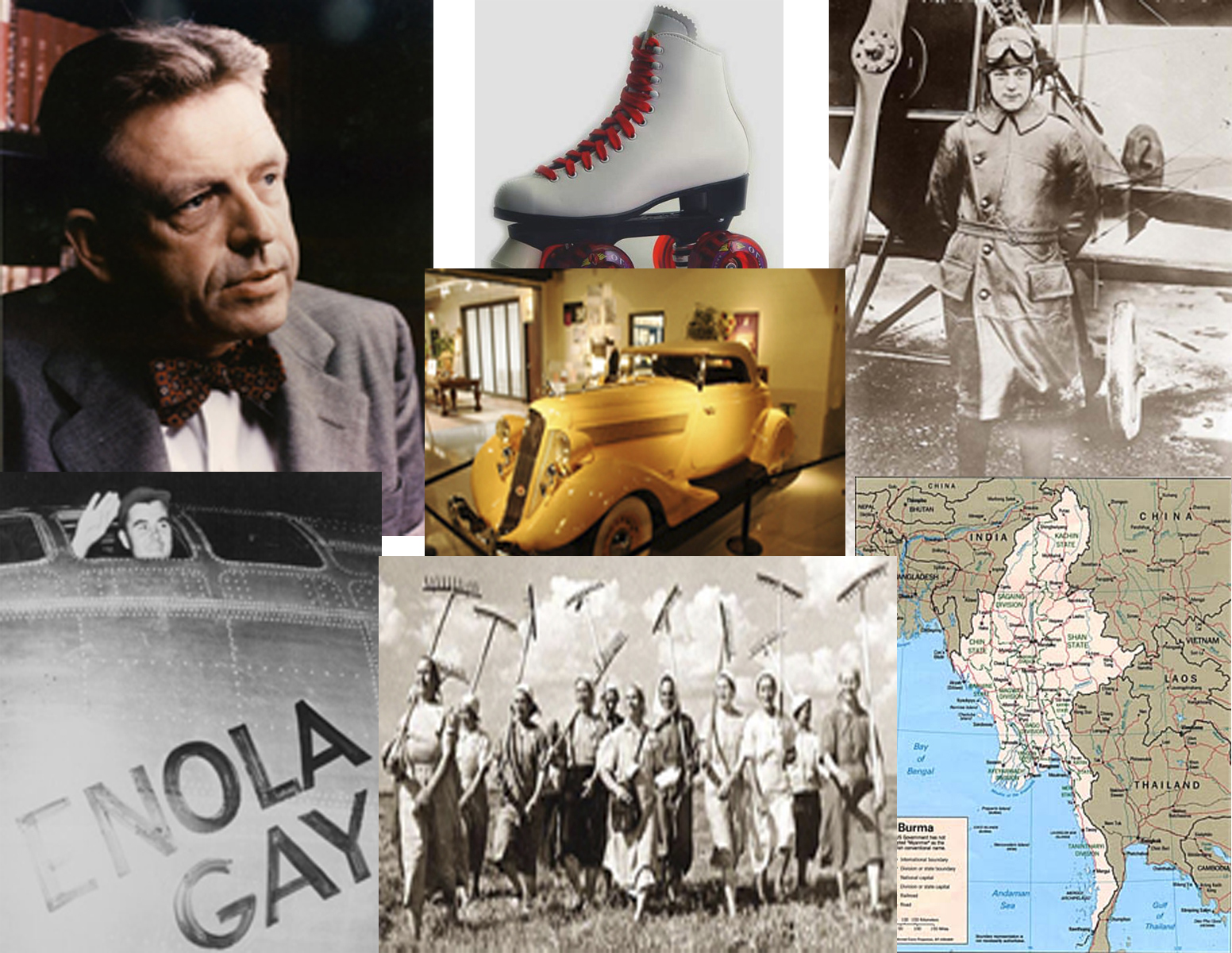51. History: Kinsey Institute for Sex Research, 1971-1972 27 Interviews
Indiana University Center for the Study of History and Memory
The collection of interviews in this project reflects James Jones' study of the Kinsey Institute's evolution and reception at Indiana University. He interviews a variety of individuals associated with the Institute by having worked there or having been a member of a foundation that funded Dr. Alfred C. Kinsey's efforts. The interviewees discuss Dr. Kinsey's dedication to his work, his move from studying gall wasps to human sexual behavior, his effectiveness as an interviewer and lecturer, and his personal commitment to the Institute. There is also mention of Dr. Kinsey's influence on science and the Institute's problems with funding. James Jones eventually published a biography of Dr. Kinsey in 1997. It is entitled Alfred C. Kinsey: A Public/Private Life and it is published by W.W. Norton and Company.

